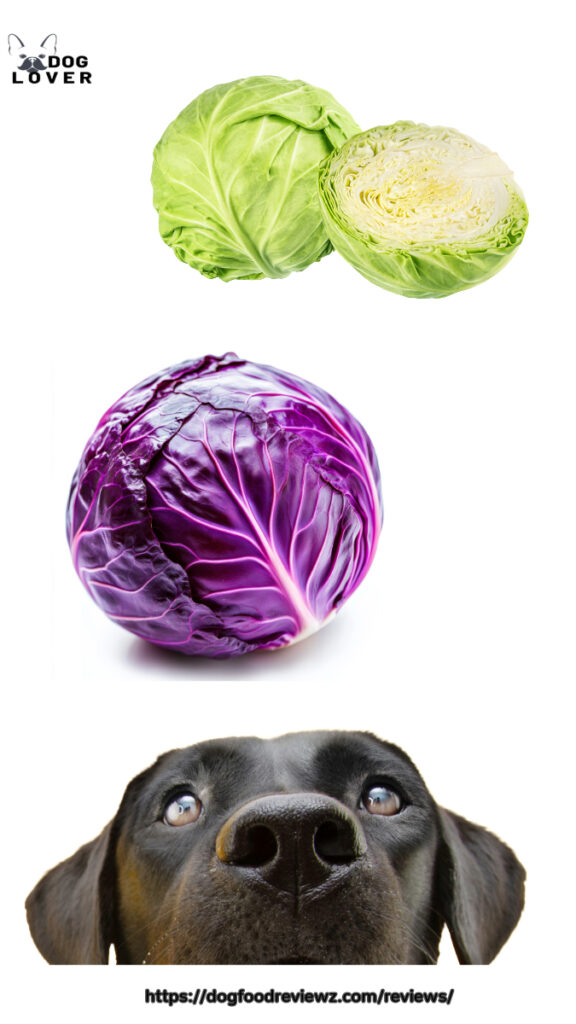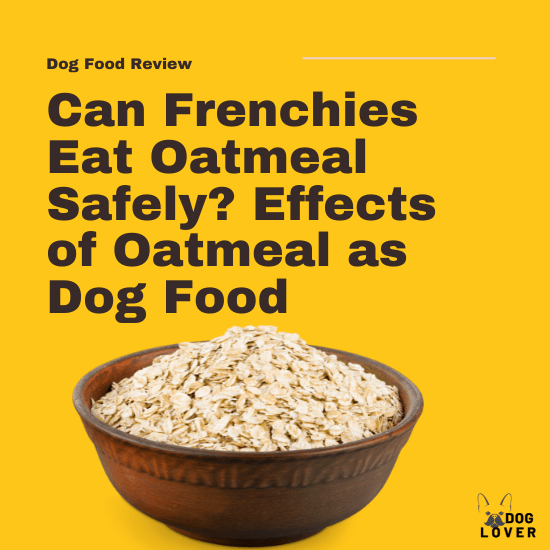Cabbage is a nutrient-rich vegetable that many humans enjoy, but can dogs eat cabbage? The short answer is yes.
Cabbage can be a healthy addition to your dog’s diet when prepared and served properly.
Packed with essential vitamins, minerals, and fiber, cabbage offers a host of health benefits for your furry friend. However, it’s important to serve it in moderation.
Let’s explore the different types of cabbage, their benefits, the best ways to serve them, and precautions you should take.

The Benefits of Cabbage for Dogs
Cabbage is more than just a crunchy treat; it’s a powerhouse of nutrition. Here’s what it offers your dog:
- Improved Digestion: High in fiber, cabbage supports a healthy gut and promotes regular bowel movements.
- Boosted Immunity: The antioxidants in cabbage help combat free radicals, reducing the risk of diseases and inflammation.
- Healthy Skin and Coat: Vitamins C and E promote shiny coats and improve skin elasticity.
- Weight Management: Cabbage is low in calories and fat, making it a great choice for dogs prone to obesity.
Can Dogs Eat Different Types of Cabbage?
Green Cabbage
Yes, dogs can eat green cabbage. It’s packed with vitamins C and K, which support immunity and blood health. Steam or chop it into small pieces to make it easier for your dog to digest.
Red Cabbage
Red cabbage is not only safe but also highly nutritious for dogs. It contains 10 times more vitamins and antioxidants than green cabbage, which may help lower cancer risks in breeds prone to this disease, like Golden Retrievers.
Savoy Cabbage
Known as the “winter king,” savoy cabbage is another excellent option for your dog. Rich in vitamin C, potassium, and fiber, it boosts immunity, supports digestion, and aids weight management.
Raw Cabbage
While raw cabbage retains its full nutrient content, it does contain thiocyanates, which in large amounts could affect thyroid function. Serve sparingly, chop finely to prevent choking, and introduce it gradually to avoid digestive upset.
How to Serve Cabbage to Dogs
Steamed Cabbage
Steaming preserves most of cabbage’s nutrients while making it softer and easier to digest.
Roasted Cabbage
A crunchy option that promotes dental health. Avoid adding seasonings or spices, as many are harmful to dogs.
Baked Cabbage
Baking cabbage can give it a fun, crispy texture. Ensure it’s plain and free of harmful additives.
Cooked Cabbage
Cooking cabbage softens it, reducing the risk of choking. However, prolonged cooking can lower its nutritional content.
Raw Cabbage
Raw cabbage is safe but should be served in small portions due to its fiber content and potential to cause gas or bloating.
How Much Cabbage Should You Give Your Dog?
When it comes to cabbage, moderation is key. Here’s a general guideline:
- Small dogs: 1-2 small bites.
- Medium dogs: 2-3 small bites.
- Large dogs: 3-4 bites.
Introducing cabbage gradually is essential to prevent digestive issues like flatulence or diarrhea.
Homemade Dog Food Recipes with Cabbage
Cabbage and Turkey Mix
Ingredients:
- 3 lbs ground turkey
- Sweet potatoes, carrots, zucchini, broccoli, and cabbage (blended)
Directions:
- Cook the turkey for 8 minutes.
- Add the blended vegetables.
- Simmer for another 8 minutes and serve.
Brown Rice and Cabbage Recipe
Ingredients:
- 3 lbs ground turkey
- 1½ cups cooked brown rice
- Spinach, carrots, zucchini, and cabbage
Directions:
- Cook the turkey for 5 minutes.
- Add the rice and vegetables, cooking for 5 more minutes.
Chicken and Cabbage Stew
Ingredients:
- 3 lbs minced chicken
- 2½ cups shredded cabbage
- 4 cups rice
- 6½ cups water
Directions:
- Mix all ingredients in a pot.
- Boil, then simmer for 25 minutes.
Precautions When Feeding Cabbage to Dogs
- Avoid Overfeeding: Too much cabbage can cause gas, bloating, or an upset stomach.
- Choking Hazards: Always chop raw cabbage into small, manageable pieces.
- No Additives: Spices, seasonings, and certain foods like onions or garlic are toxic to dogs and should never be added to cabbage dishes.
Can Dogs Eat Cabbage with Other Foods?
Safe Pairings
- Ginger: Great for motion sickness and digestion.
- Parsley: Freshens breath and supports liver function.
- Healthy Herbs: Basil, turmeric, and rosemary provide additional antioxidants and immune-boosting properties.
Foods to Avoid
- Onions: Toxic to dogs, onions can damage red blood cells and cause anemia.
- Garlic: Similar to onions, garlic can be harmful even in small amounts.
Final Thoughts
Cabbage is a safe and nutritious treat for dogs when served in moderation. Whether steamed, baked, or raw, it can offer numerous health benefits, from improved digestion to better skin and coat health. Just be mindful of portion sizes and avoid harmful additives.
With a little creativity, cabbage can become a delicious addition to your dog’s meals, keeping them happy and healthy.


